
3 minute read
הנש הקותמו
and well-appointed river view staterooms and suites, with the finest linens, towels and Savoir® beds • Onboard fitness center, plus exercise and wellness classes
• Ship wide Internet and Wi-Fi access • Onboard entertainment and enrichment
Advertisement
• Bicycles and Nordic walking poles for onshore use • Virtuoso shipboard credit.
Book early for the best cabin availability.
For more information, contact Joanie Small at 602-318-5664 or Myra Orkin at 480-231-8909.
FSome simply do not function well while less onerous fast.

HARD TO DIGEST
Now this might be different for everyone but in general stay away from heavy meat dishes, fried foods or lots of dairy. Because you know, Jewish stomachs.

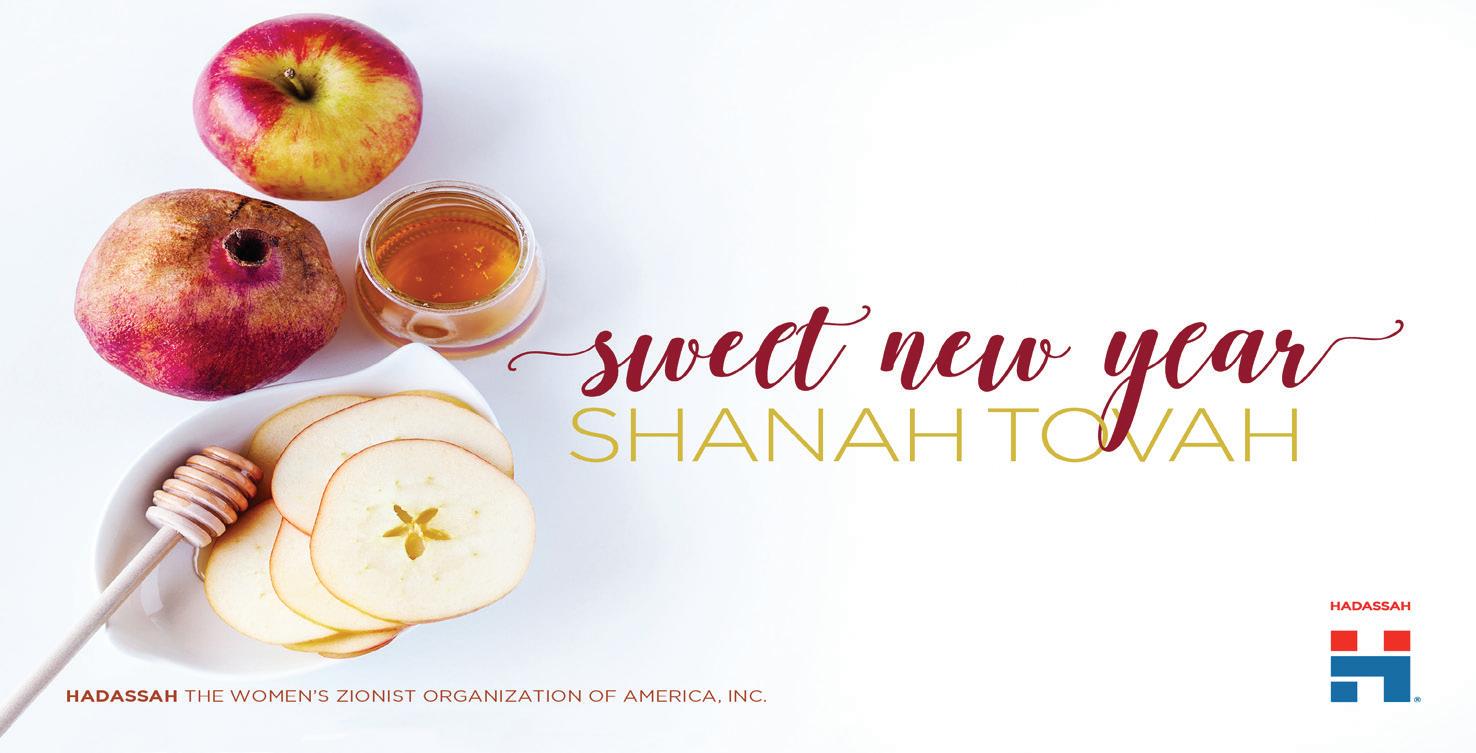
2. EAT FOODS THAT HAVE FIBER AND WATER
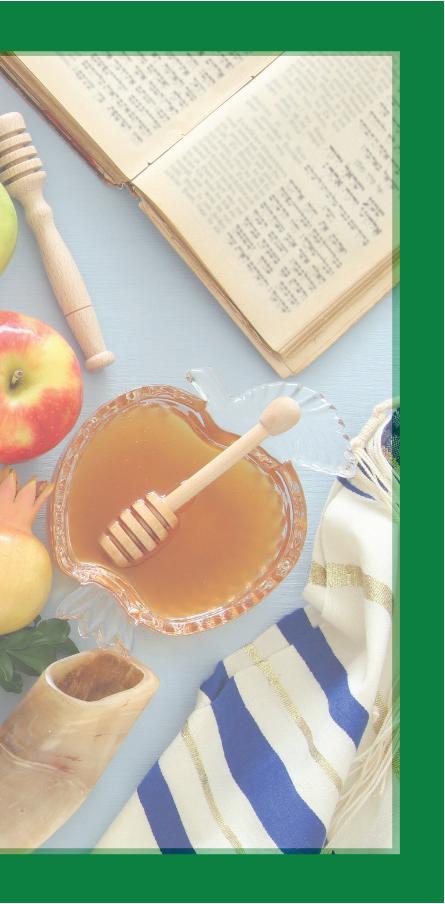
Foods with lots of fiber will keep you fuller longer and foods with water, like fruits and vegetables, will keep you hydrated. Chickpeas or lentils are a great vegetarian protein source to eat, especially a dish like mujaderra. A hearty chicken soup with noodles or rice and lots of veggies is another safe bet.
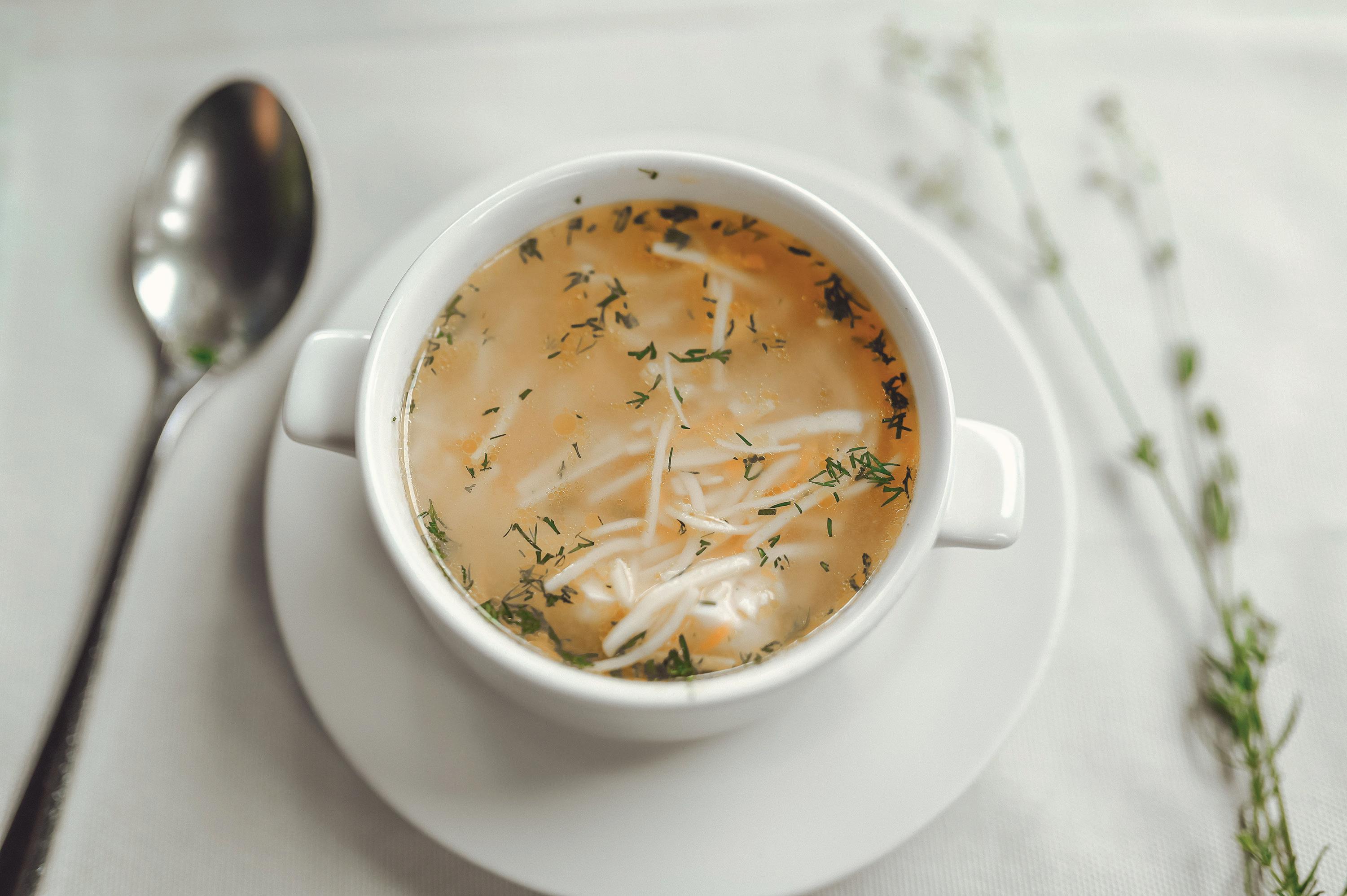
3. AVOID SALT
Salty foods like olives, pickles, chips, canned soup or dishes made with those bouillon cubes will bloat you and make you even more thirsty. So stick to something
Too much dessert before fasting may cause your blood sugar to spike up and then come crashing down, which can be unpleasant at its least and cause a headache or moodiness at its worst. Too much sugar will also make you thirsty, like salt, and will have you craving more sweets during your fast.
5. DRINK WATER
This is pretty obvious but make sure to drink plenty of water, not only at the meal right before the fast begins but during the days preceding as well.
6. AVOID EATING TOO MUCH
Eat a moderate-sized meal that leaves you satisfied but not unbuttoning your pants. You will feel uncomfortable and it will be more difficult to digest a monstrous-sized meal. JN
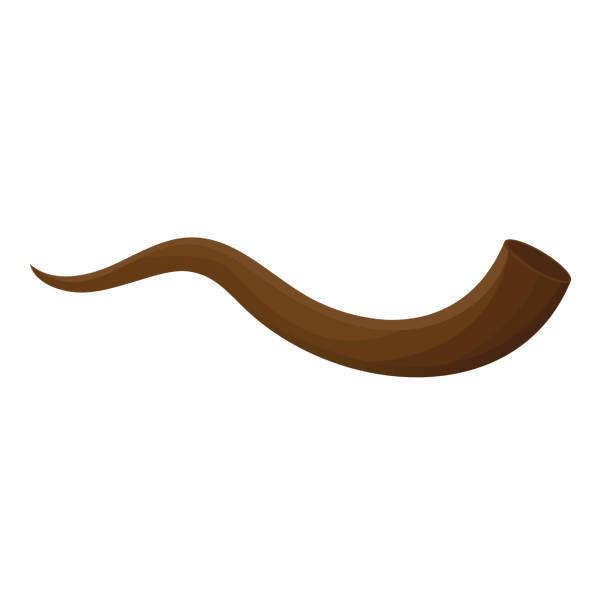
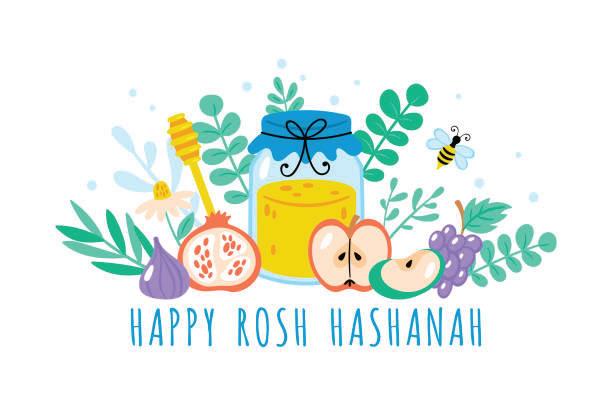
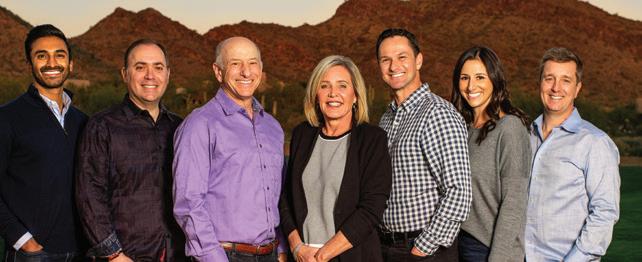


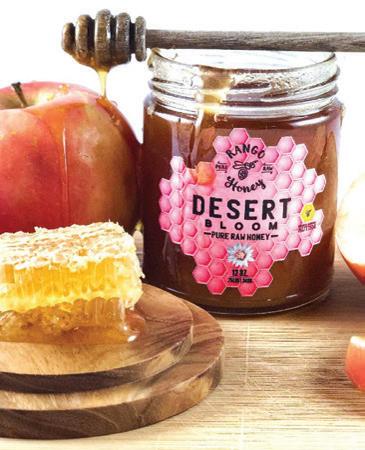
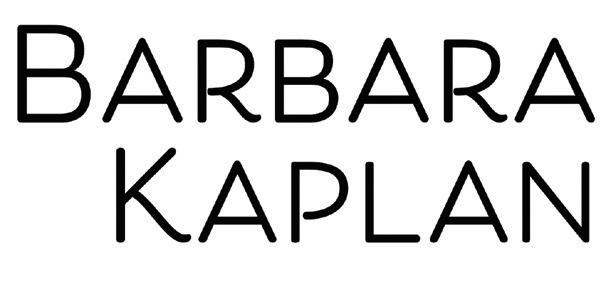
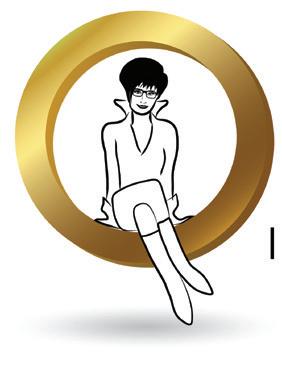

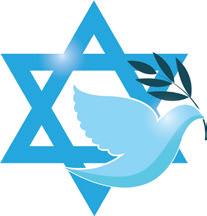


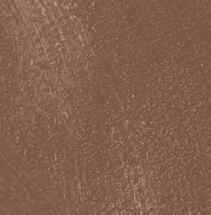
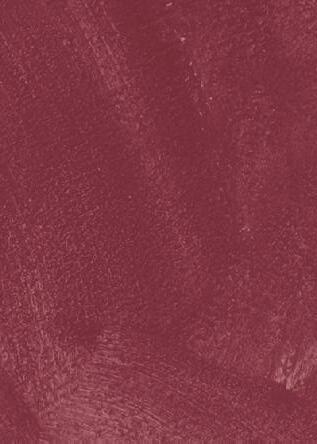

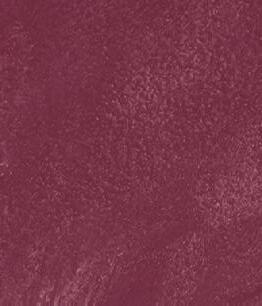
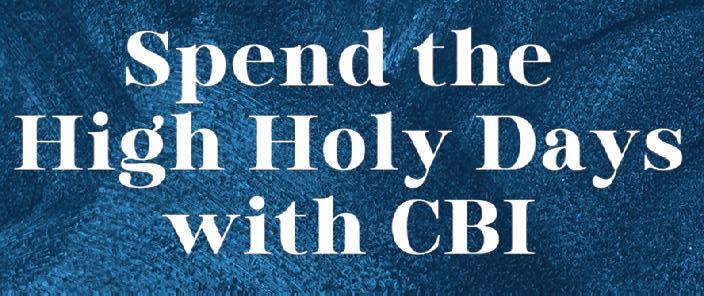
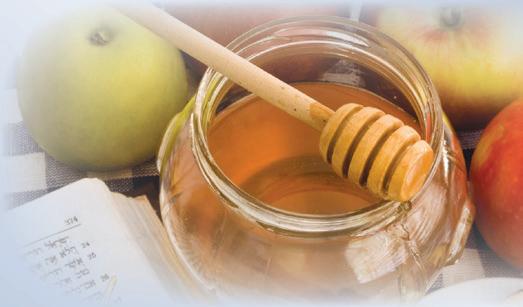

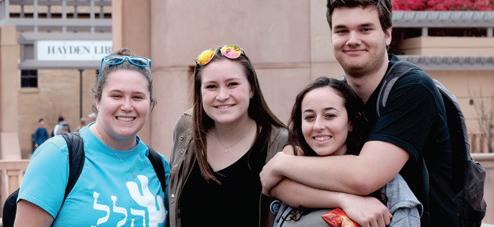


Hundreds of Jews from all over the world have gathered in Abu Dhabi, the capital of the United Arab Emirates, ahead of the two-year anniversary of its establishment of diplomatic ties with Israel.
But the crowds aren’t in town to honor the Abraham Accords — at least not directly.
They came to party Wednesday at the largest Jewish wedding in the history of the UAE, which the bride and groom, emissaries of the Chabad movement who are living in that country, timed to coincide with the anniversary of the signing of the accords.

About 1,500 people, including dignitaries and Emirati royals as well as rabbis stationed around the world, attended the wedding of Rabbi Levi Duchman, 29, who was born in
Brooklyn and has been living in the UAE since 2014, and Lea Hadad of Brussels, 27, according to the media relations department of the Chabad-Lubavitch movement.
The wedding “is a source of great national pride, as a demonstration and living experience of the Emirates’ longstanding investment in creating a culture of coexistence and religious diversity,” read a statement to the media about the event.

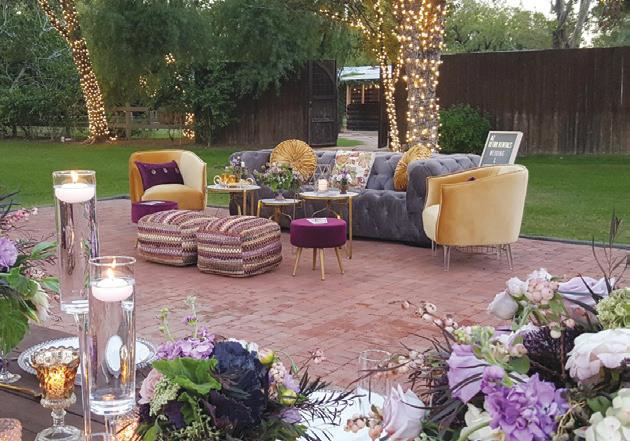
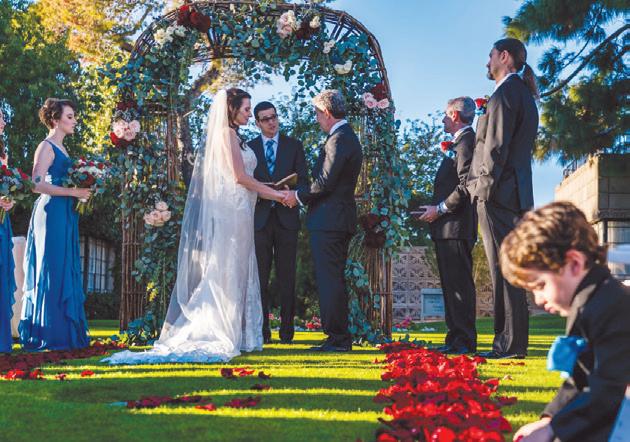
Chabad emissaries, who typically stay for many years in their postings, are usually dispatched as couples. Only a few rabbis are appointed head emissaries, as Duchman has been, before they are married. Over the past eight years, he has overseen the opening of a Jewish school, Hebrew supplemental school, ritual bath and the government-licensed kosher agency of the UAE, which has a few thousand Jews, according to the statement. Hadad knows what it means to be a Chabad emissary. Her father is the chief rabbi of Brussels, and her grandfather set up the Chabad community in Milan.

Duchman is one of several Orthodox rabbis working to cultivate Jewish life in the UAE, including Elie Abadie and Yehuda Sarna, who are not affiliated with Chabad. Prior to moving to Abu Dhabi, he lived with a sister and her family in Morocco, where he became committed to Jews in the Arab world, according to the Chabad statement.
The wedding date was carefully chosen not just to match the anniversary of the Abraham Accords but because the date in the Hebrew calendar is significant to Hasidic Jews, according to Chabad. Wednesday is the Hebrew birthdate of both the Baal Shem Tov, the 18th-century founder of the Hasidic movement, and Chabad’s founder, Rabbi Shneur Zalman of Liadi.









